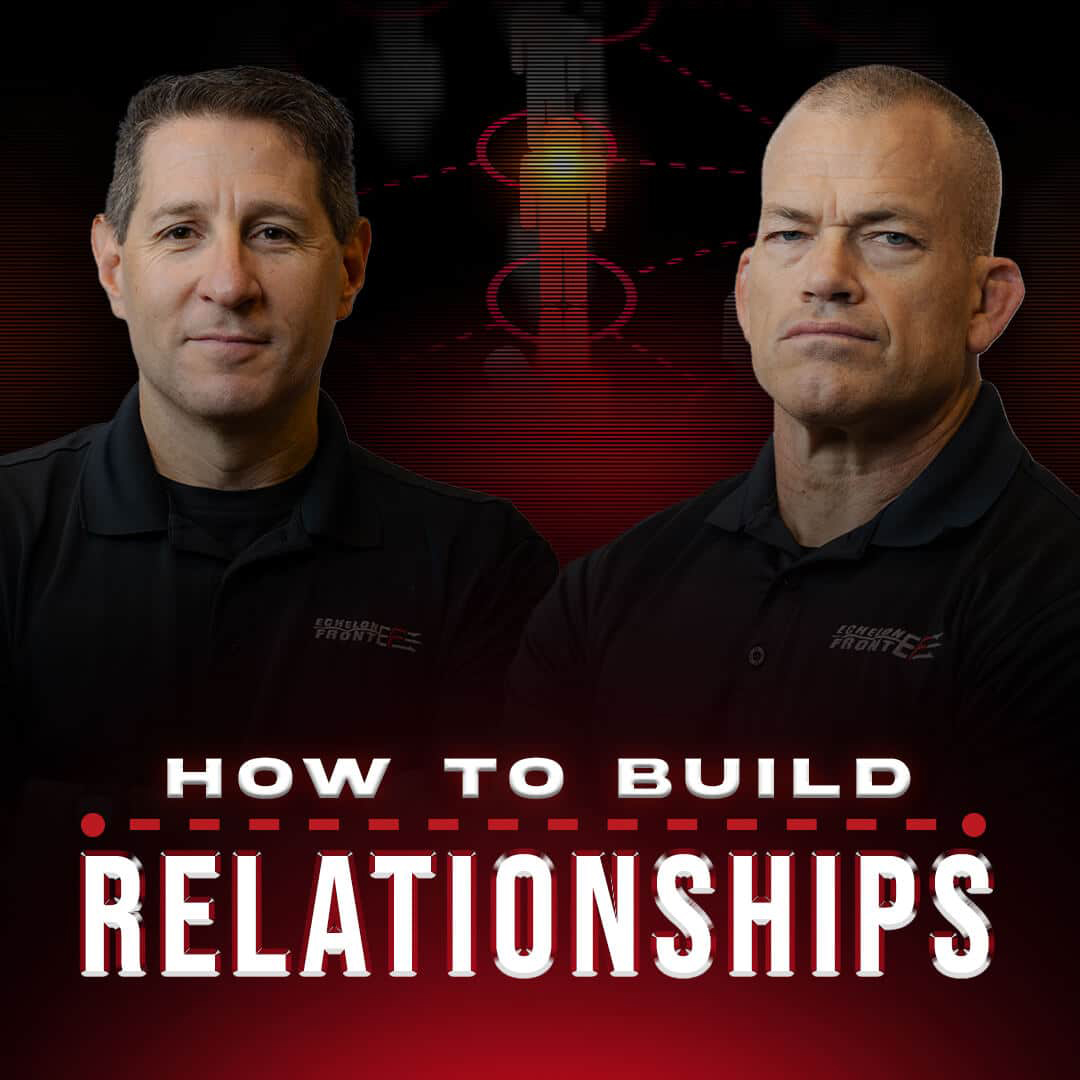Powered by RedCircle
How Do You Gain Influence Over Others?
In 1936 Dale Carnegie published his first book, How to Win Friends and Influence People. The book sold over 30 million copies and still ranks among the top bestselling books nearly a century after its first publication. It stands as a testament to the power of influence, which is integral to the success of human beings in their personal and professional lives.
We want to be able to influence others. Whether at work, home or in our community, we often think we know best and want others to GO WITH OUR PLAN.
But how does one gain the power of influence over others? It isn’t by insisting that your way is best and demanding that others do things your way. That only diminishes your ability to influence others. The more you insist that people do things your way, the more they tend to resist.
In psychology, this tendency is called “psychological reactance.” A theory proposed by American psychologist Jack Brehm in 1966, Brehm noticed that people often react negatively when they feel someone or something has removed their ability to make a choice or to seek alternative solutions.
“Why is it that a child sometimes does the opposite of what he is told? Why would a person sometimes dislike receiving a favor? Why is propaganda frequently ineffective in persuading people? And why would the grass in the adjacent pasture ever appear greener?” Brehm, 1966
At Echelon Front, Jocko summed it up this way: “No food tastes good when it’s forced down your throat.” It doesn’t matter if it’s the best steak I’ve ever tasted. If someone forces me to eat it, I will resist. I will push back. I will seek alternatives.
[For the record, an American Wagyu Gold Grade filet mignon from Snake River Farms is the best steak I’ve ever tasted. That may be the one exception to this rule.]
Allow Others to Influence You
To gain influence over others, you must allow others to influence you. Instead of insisting on doing things your way, allow yourself to be influenced by others by going with their plan. If the boss wants something done a certain way, even if you think it might be less efficient, do things the boss’s way. If someone on your team wants to try a new method of doing things, if it isn’t unsafe and the risk is minimal to mission success, go with their plan. Allow yourself to be influenced by them. When you do this, it opens their mind and allows you to have more influence on them.
Real-World example:
“She doesn’t listen to anyone,” a Chief Marketing Officer told me. During the company’s marketing meetings, the Chief Marketing Officer was frustrated. The CEO dismissed her input and that of her team. “The CEO insists we do things her way. And she doesn’t even have marketing experience. But every time I try and tell her the best way to reach our sales goals and increase our customer base, she dismisses my input.”
“It sounds like you don’t have much influence over your CEO or the company’s direction,” I replied.
“I don’t,” the Chief Marketing Officer agreed. “That’s exactly why I’m frustrated. The CEO hired me for my marketing experience. I’m confident I could grow our customer base and make this company more money.”
“Does it help you to not have any influence?” I asked. “Does it help your CEO? Does it help your company?”
The Chief Marketing Officer thought for a moment. “No. It doesn’t,” she acknowledged.
“It hurts our company. And it also hurts our CEO. It certainly doesn’t help me or my team. It actually helps no one.”
“Why don’t you have any influence?” I asked.
“I don’t know,” replied the Chief Marketing Officer.
“When the CEO wants something done, how often do you push back?” I asked.
The Chief Marketing Officer shrugged. “A lot,” she admitted. “I guess I push back on just about every one of the CEO’s suggestions.”
“If you want to influence your CEO,” I suggested, “you must allow yourself to be influenced by her. Instead of pushing back on her marketing plans, do your best to execute them. Accept her guidance, even if it’s not how you might do things. Once you’ve dug into the details of her plan and made an effort to execute the plan, you can then go back to your CEO with feedback and data. You can provide updates and recommendations for adjustments to make her marketing plan more successful.”
“If you do that,” I continued, “how much more influence do you think you will have on your CEO to implement a successful marketing plan to help your company win?”
“A lot more influence,” the Chief Marketing Officer replied. No doubt, she was right.
For Action:
This week, think about influence. Think strategically, detach, and conduct an honest, realistic self-assessment of your ability to influence those around you: at work, at home, among your circle of friends, and within your community. Where are you trying to force others to do things your way? Where are people pushing back? How can you allow yourself to be influenced by them instead? Determine where you need to improve and take action. GET AFTER IT.



